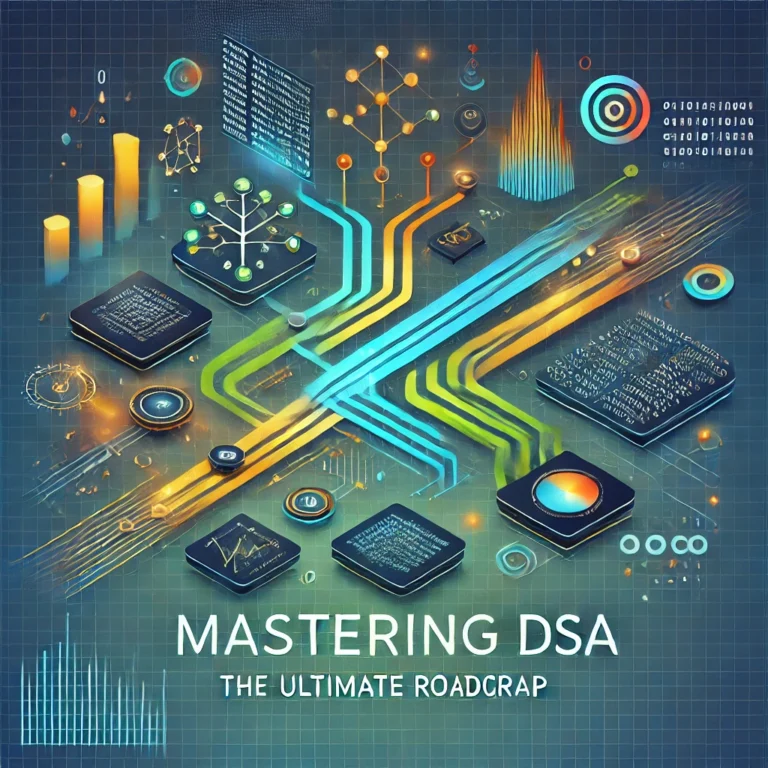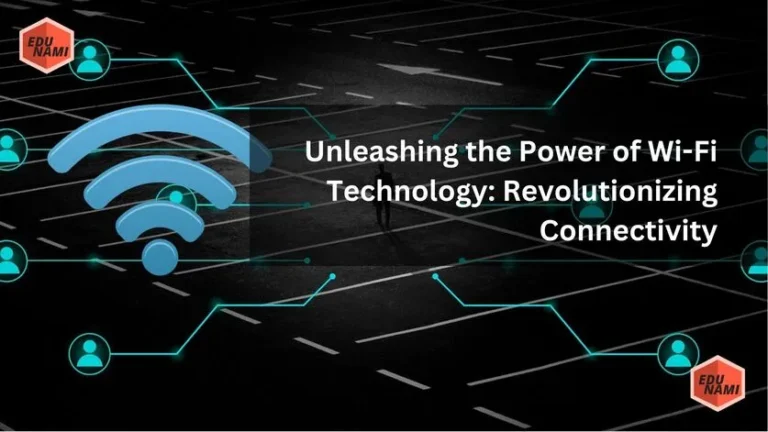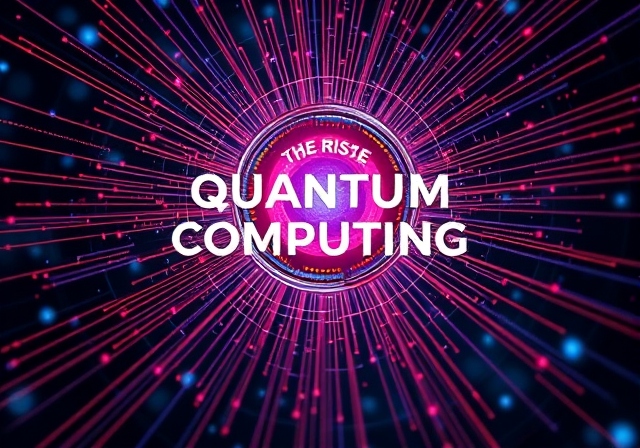Blockchain technology, once synonymous with cryptocurrencies like Bitcoin, has transcended its initial niche to become a transformative force across various industries. This decentralized and immutable ledger system is not just a buzzword but a tool that is reshaping everyday life in ways we are only beginning to understand. Let’s dive into how blockchain is making an impact.
1. Financial Revolution Beyond Cryptocurrencies
At its core, blockchain disrupts traditional financial systems by offering a secure, transparent, and efficient alternative to transactions. Decentralized Finance (DeFi) platforms are democratizing financial services, enabling peer-to-peer lending, borrowing, and trading without the need for intermediaries like banks. This is particularly empowering for individuals in underbanked regions, providing access to financial tools previously out of reach.
2. Enhancing Supply Chain Transparency
One of the most practical applications of blockchain is in the supply chain industry. By recording every step of a product’s journey on a blockchain, companies can ensure transparency and traceability. Consumers can verify the authenticity of products, from farm-to-table food traceability to ensuring ethical sourcing in fashion and electronics.
3. Revolutionizing Healthcare
Blockchain is addressing critical issues in healthcare, such as data security and interoperability. Patient records can be securely stored and easily accessed by authorized medical professionals across different institutions. Moreover, blockchain ensures data integrity, reducing errors and fraud while empowering patients to control their health data.
4. Smart Contracts: Automating Trust
Smart contracts are self-executing contracts with the terms directly written into code. These contracts automate transactions and enforce agreements without the need for intermediaries, reducing costs and increasing efficiency. From real estate deals to insurance claims, smart contracts are streamlining processes that traditionally involve cumbersome paperwork and delays.
5. Transforming Digital Identity
In an era of increasing digital interaction, blockchain offers a solution to identity theft and data breaches. Blockchain-based digital identity systems allow individuals to own and control their personal data, sharing only what is necessary. This innovation is particularly impactful in areas like online voting, secure authentication, and even refugee identification.
6. Gaming and Entertainment
The gaming industry is embracing blockchain to create decentralized gaming ecosystems where players truly own in-game assets. Non-fungible tokens (NFTs) have revolutionized digital ownership, enabling artists, musicians, and gamers to monetize their creations and connect directly with their audiences.
7. Environmental Sustainability
Blockchain is being leveraged for environmental causes, such as tracking carbon credits and renewable energy usage. By providing transparent records, blockchain ensures accountability in sustainability initiatives and encourages eco-friendly practices.
8. Future Prospects and Challenges
Despite its potential, blockchain adoption faces challenges like scalability, energy consumption, and regulatory hurdles. However, ongoing advancements, such as Layer 2 solutions and energy-efficient consensus mechanisms, are addressing these issues. As technology evolves, blockchain’s integration into daily life will only deepen.
Conclusion
Blockchain technology is not a distant, futuristic concept; it is a present-day disruptor with the potential to redefine how we live, work, and interact. From enhancing transparency and security to empowering individuals and businesses, blockchain is laying the foundation for a more decentralized and equitable world. As we continue to explore its possibilities, one thing is clear: the future is on the blockchain.







